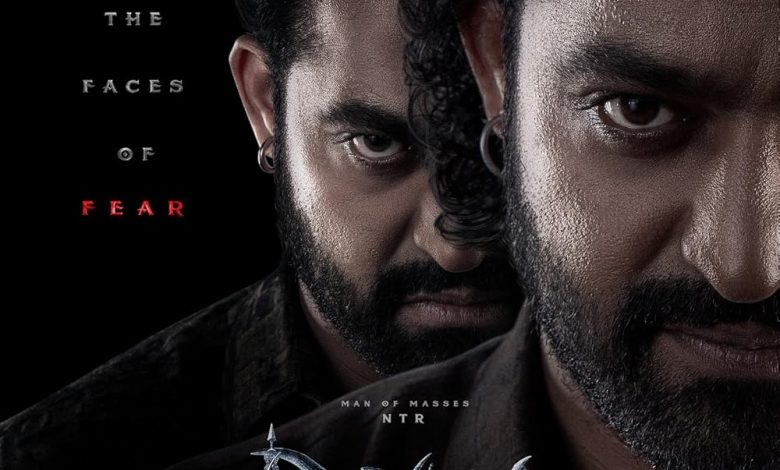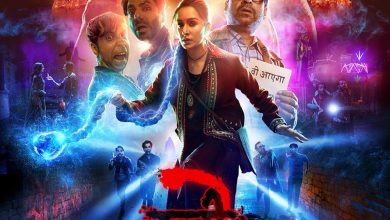Devara Part 1 (2024) – IMDb

The film is heavily influenced by the narrative style of Baahubali, told in reverse, while also drawing from the storyline of Vadachennai. Although the premise is somewhat cliché, the presentation is convincingly engaging. The film effectively establishes the background of the villages and the villagers, providing a solid reason for their involvement in smuggling. The scenes depicting failed smuggling attempts, which ultimately reveal the tragic circumstances surrounding a lost life, were well-written. Devara’s opposition to the villagers and his punishment of them when they refuse to listen adds depth to the story. Overall, the movie is engaging and admirable despite its illogical stunts and buildup scenes up to the interval.
As the story progresses many years later, it shifts focus to Devara’s son, Vara, who, in contrast to his father, tries to avoid trouble. Vara’s character is well-developed; he is portrayed as a coward and weak, in stark contrast to his father’s strong persona, and he has no desire to follow in Devara’s footsteps. His transition to the climax is predictable, yet it is presented convincingly. However, the second half of the film leans too heavily on comedy, romance, and glamourous song sequences, diverting attention from the main storyline. Removing some of the unnecessary segments could have improved the film, but being a commercial movie, this is somewhat expected. The final twist feels out of place, as it seems designed to set up a sequel, but it appears illogical in the context of Devara’s relationship with his son, Vara, as portrayed in the film. While I can predict how this twist may play out, I hope it does not fall into the trap of mediocrity in the event of a sequel.
Junior NTR delivers a strong performance in dual roles, while Janhvi Kapoor serves primarily as eye candy in her glamorous appearances. Saif Ali Khan performs decently as the villain, but he lacks the intimidating presence necessary for the role. The cinematography and composition are commendable, and the visual effects are well executed. Anirudh produces strong background scores, although the main theme seems clichéd compared to his previous work. While the two songs are enjoyable, their placement in the movie feels awkward. Additionally, the dance choreography in the song “Ayudha Pooja” is lacking; it feels unnecessary for every main character to be involved.
In conclusion, I found it to be a decent watch. I recommend viewing it only if you’re looking for something entertaining; it could serve as a reasonable time pass.





